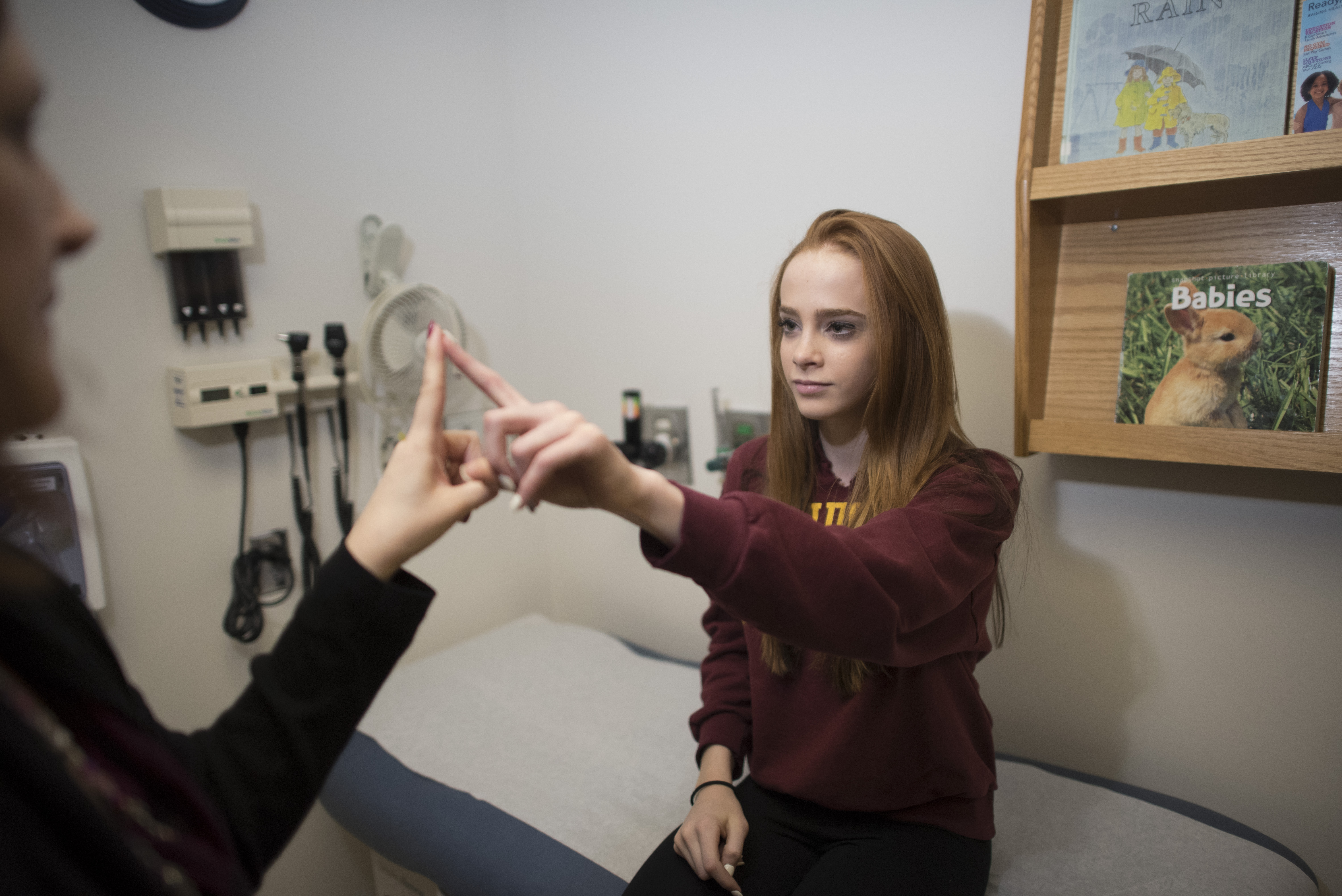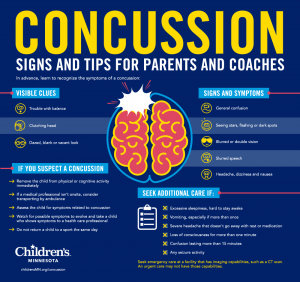
According to the Centers for Disease Control and Prevention (CDC), “Traumatic brain injury (TBI) is a leading cause of death and disability among children and young adults in the United States. Each year an estimated 1.5 million Americans sustain a TBI.” That is why during Brain Injury Awareness month (March), we want to explain what brain injuries are and provide tips to parents, coaches and teachers so they know what to do if one happens.
When most people think of brain injuries, they immediately think of concussions. But there are many others and in fact, there are three types of brain injuries: traumatic, mild and severe.
Traumatic brain injury
TBI occurs when there is mild or more severe damage to the brain as the result of a head injury. The injury may or may not result in a loss of consciousness. The effect of TBI will differ from person to person. Ultimately, the short- and long-term effects will vary based on severity of the injury, age at the time of injury, and abilities before the injury.
Effects from a traumatic brain injury may include one or more of the following: Trouble with word-finding, short-term memory loss, confusion and mood swings.
In order to help your child through a traumatic brain injury, try these tips:
- Speak slowly and clearly.
- Use short sentences.
- Be patient.
- Encourage rest.
- Promote routines.
Learn more about traumatic brain injuries here.
Mild traumatic brain injury
A mild TBI is typically called a concussion. A concussion is the most common type of traumatic brain injury and it causes a temporary loss of normal brain function. Usually, but not always, a concussion is caused by a blow to the head or body and there may or may not be loss of consciousness.
A concussion is diagnosed based on symptoms that can show up right after the injury or may not appear or be noticed until hours or up to two days later. The effects your child may feel can be physical, mental, emotional and may affect their memory or sleep.
Tips for parents, coaches and teachers if they suspect a child has a concussion:
Severe traumatic brain injury
A severe TBI is damage to the brain caused by an injury that changes the way the brain normally works. Severe TBIs generally have longer-lasting effects than mild TBIs.
Nonfatal TBIs can cause temporary or permanent impairments in:
- Memory and attention.
- Coordination, balance and mobility.
- Language and communication skills.
- Hearing, vision, touch, smell and taste.
- Emotions, resulting in depression, anxiety, aggression, poor impulse control and personality changes.

It’s important to know the signs and symptoms of each type of brain injury so you are able to take the correct next steps if you think your child may have one. In case of an emergency, always call 9-1-1.
Children’s Minnesota Concussion Clinic
Children’s Concussion Clinic provides comprehensive medical evaluation and treatment for children and young adults who have concussions caused by sports, accidents or falls. Concussions may take time to heal and following the recommendations provided by a medical professional will ensure that any child or young adult is on the right path to healing.
Contact the Children’s Minnesota Concussion Clinic today to make an appointment or if you have any questions or concerns.
